Greek Mythology
-
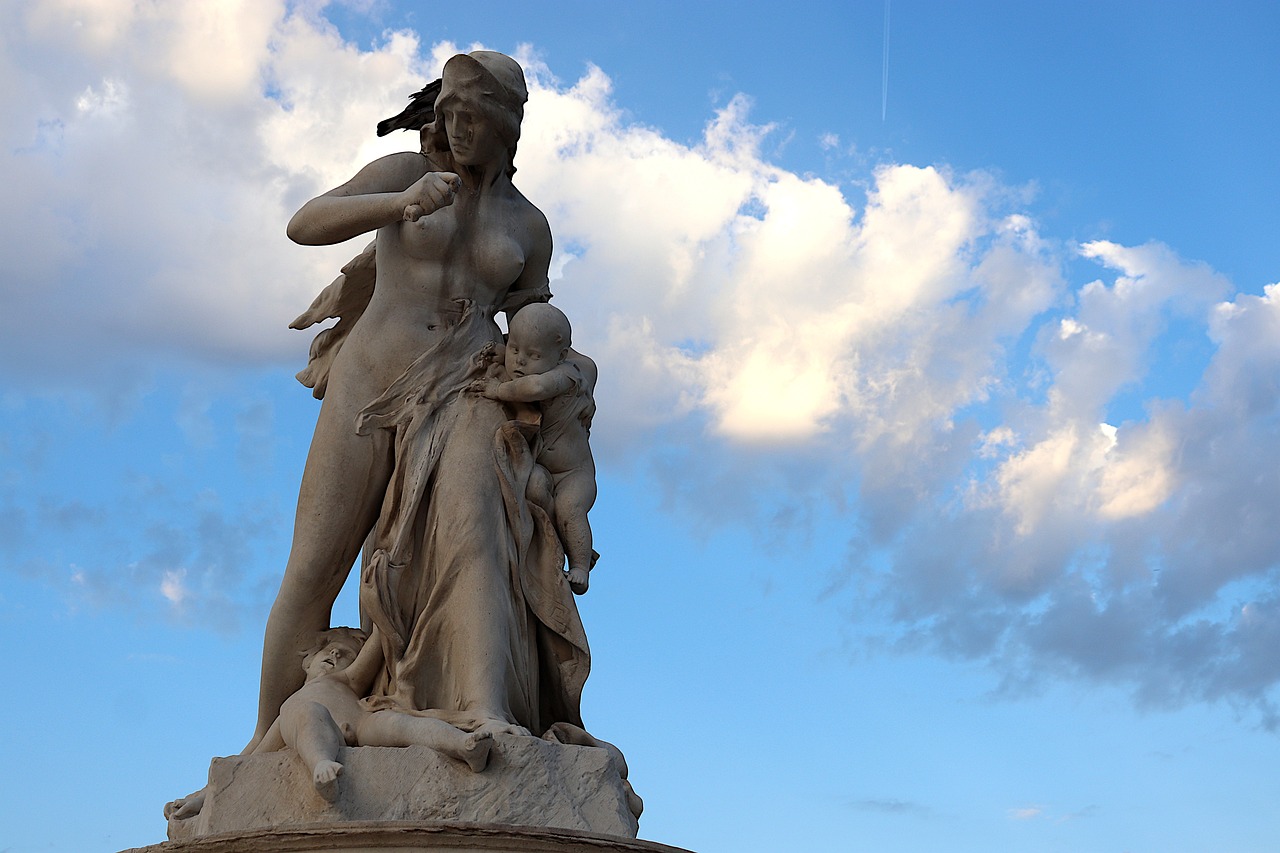
Medea: A Tragic Tale of Love and Revenge Medea, revered as the offspring of King Aeetes of Colchis and granddaughter to Helios—the sun deity—is a pivotal character in this timeless narrative. Her tale unfolds when Jason, aboard the Argo searching for the coveted Golden Fleece, encounters her on the island of Colchis… Jason: The Destined…
-
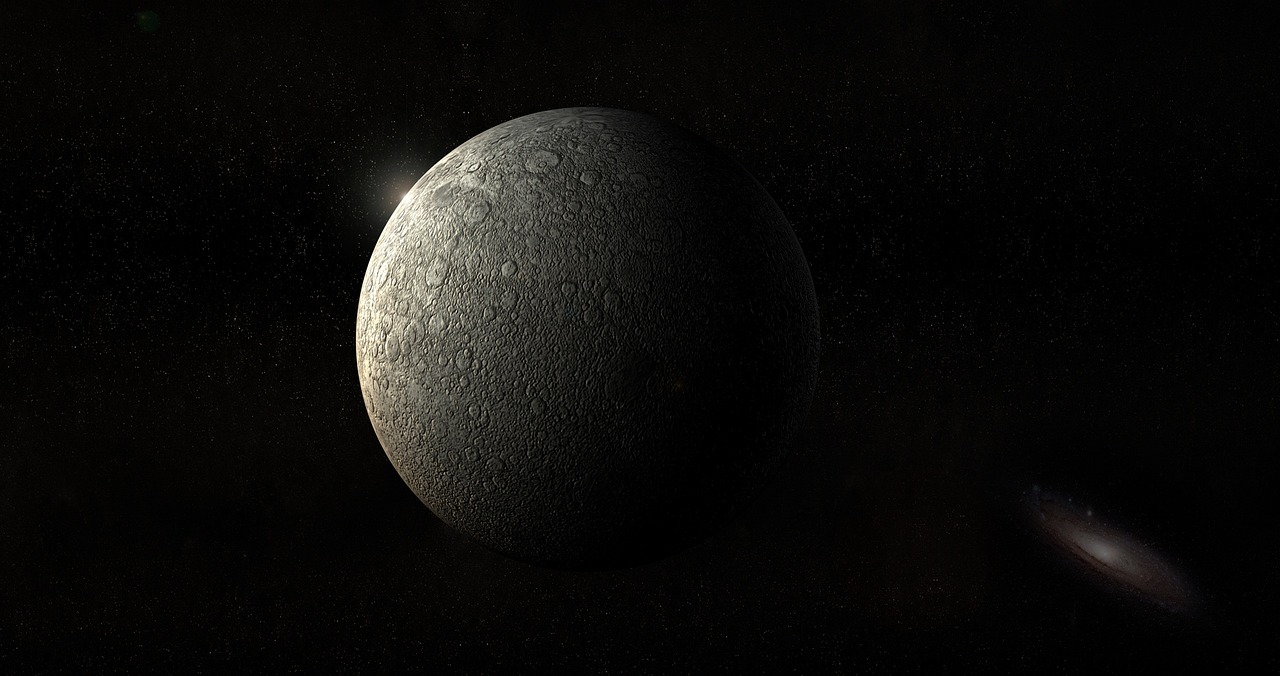
Andromeda: The Princess of Greek Mythology and Her Celestial Legacy Andromeda, a prominent figure in Greek mythology, is known as the daughter of Cepheus, the king of Aethiopia, and his consort, Cassiopeia. The tale most associated with her is that of her rescue by the valiant hero Perseus, who thwarted the demands of a sea…
-
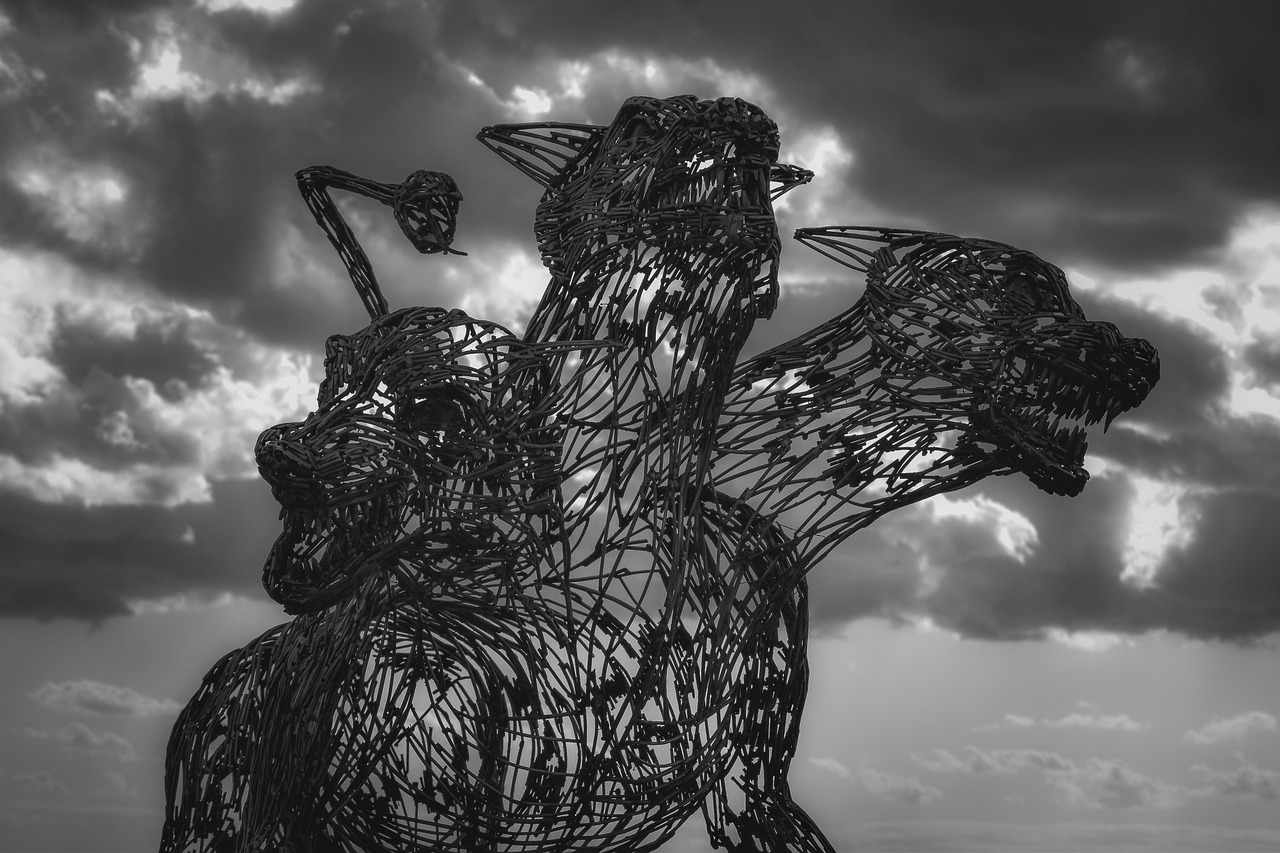
Greek mythology encompasses the rich tapestry of stories that detail the gods, heroes, and rituals integral to the ancient Greeks and their classical heritage. While certain philosophers, like Plato in the 5th-4th centuries BCE, acknowledged a fictional facet within these myths, the general populace often accepted them as factual narratives that reflected their beliefs. The…
-
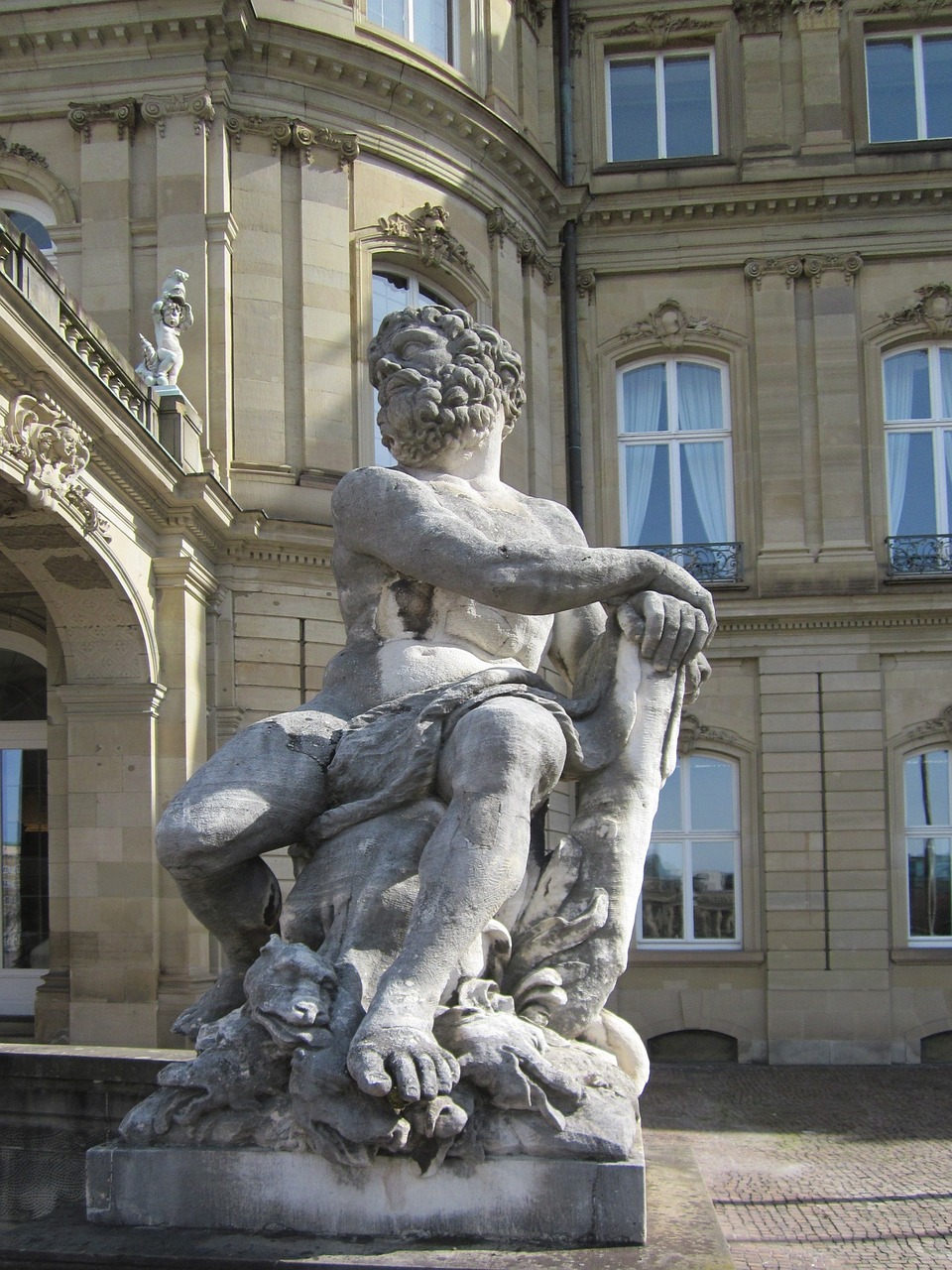
As a consequence for the tragic murder of his offspring, Heracles sought guidance from the Oracle at Delphi, who instructed him to undertake twelve daunting tasks for Eurystheus, the ruler of Tiryns and Mycenae. Eurystheus had assumed the throne of Mycenae after his father, Sthenelos, forcibly claimed it from Amphitryon, Heracles’ biological father. Consequently, this…
-
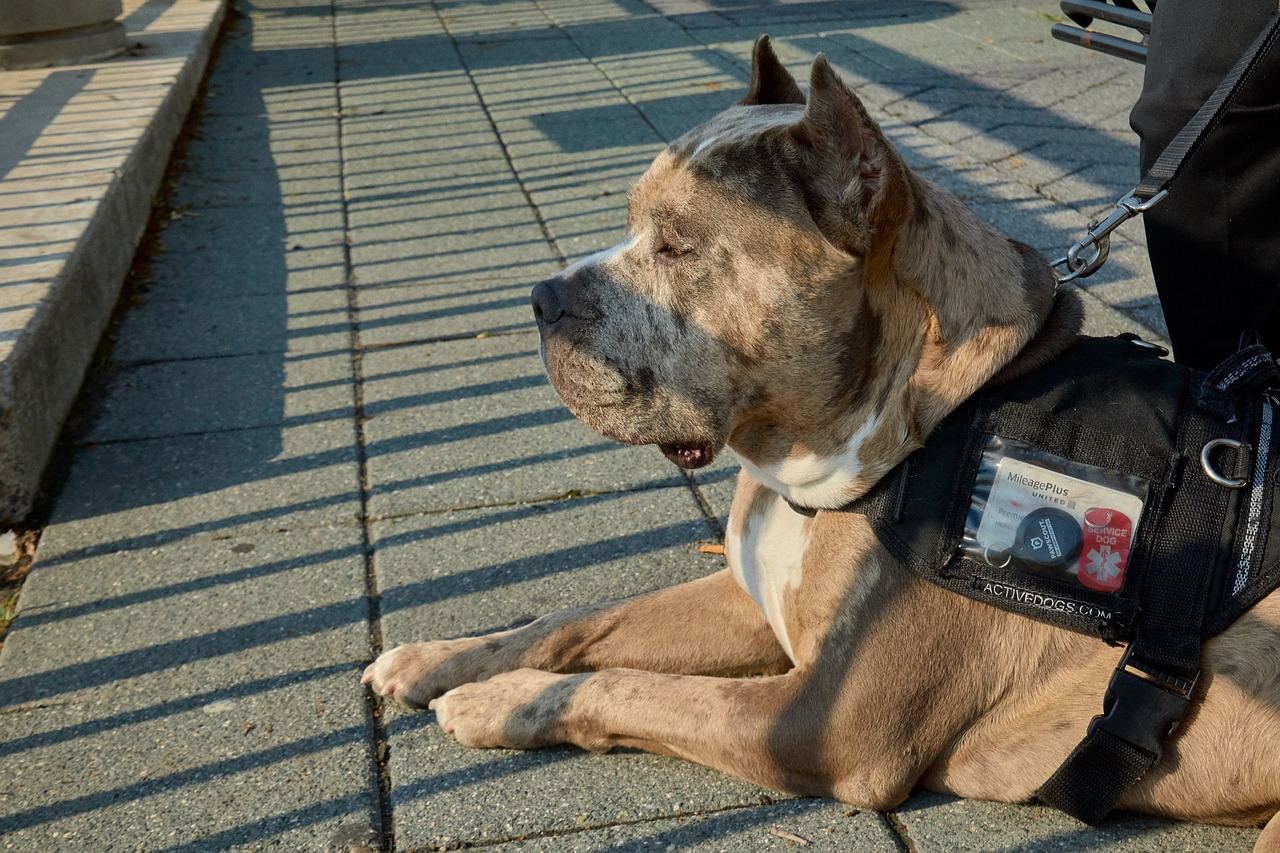
Ares, the formidable Greek deity associated with warfare, occupies a prominent place among the twelve Olympian gods of Mount Olympus. Revered as the god of battle, Ares embodies the fervor and violence that accompany conflict. He is frequently illustrated as a powerful and aggressive warrior, brandishing weapons such as spears and swords, representing the tumultuous…
-
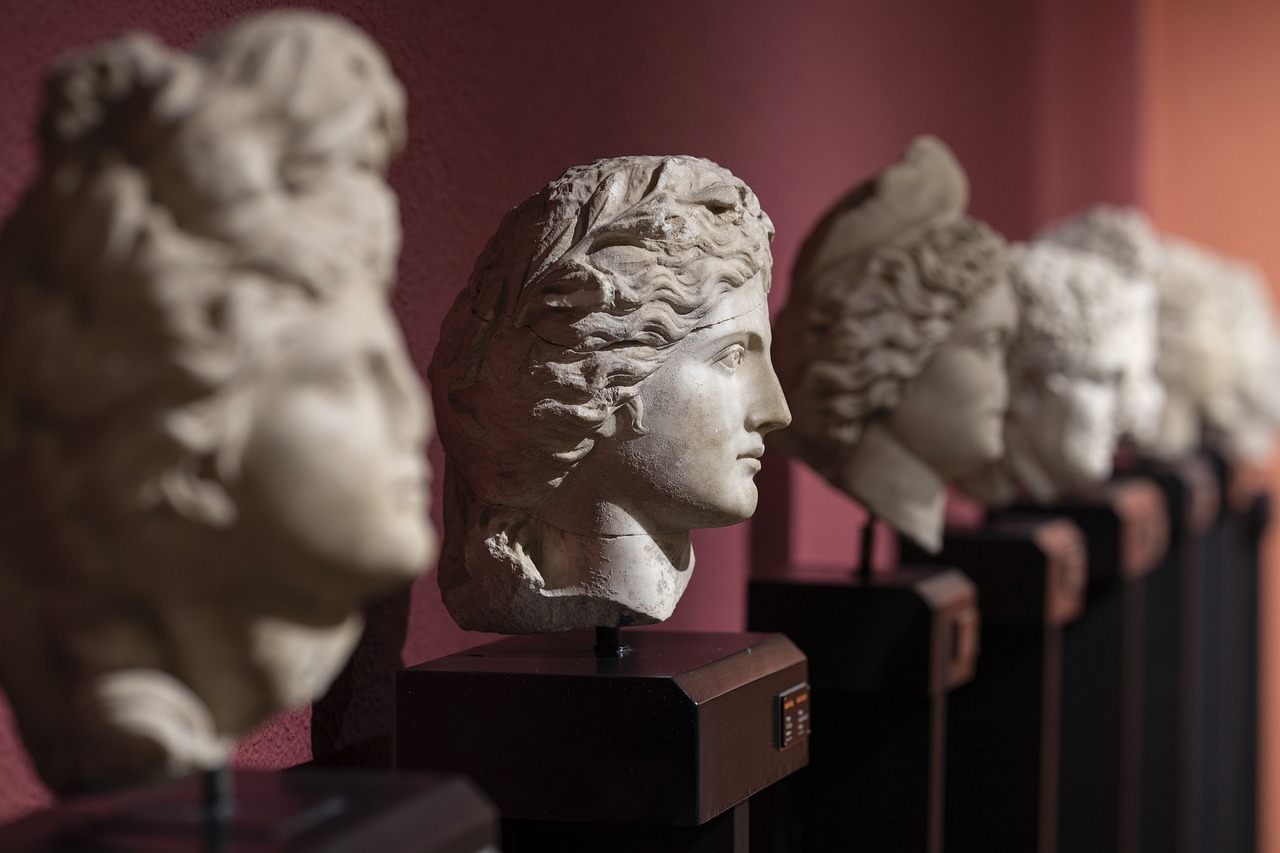
Greek mythology encompasses a rich tapestry of tales surrounding deities, heroic figures, and the rituals practiced by ancient Greeks, all of which have a lasting impact on Western art and literature. The myths, often accepted as truths in ancient Greece, served both to explain natural phenomena and to present the deeds of gods and heroes.…
-
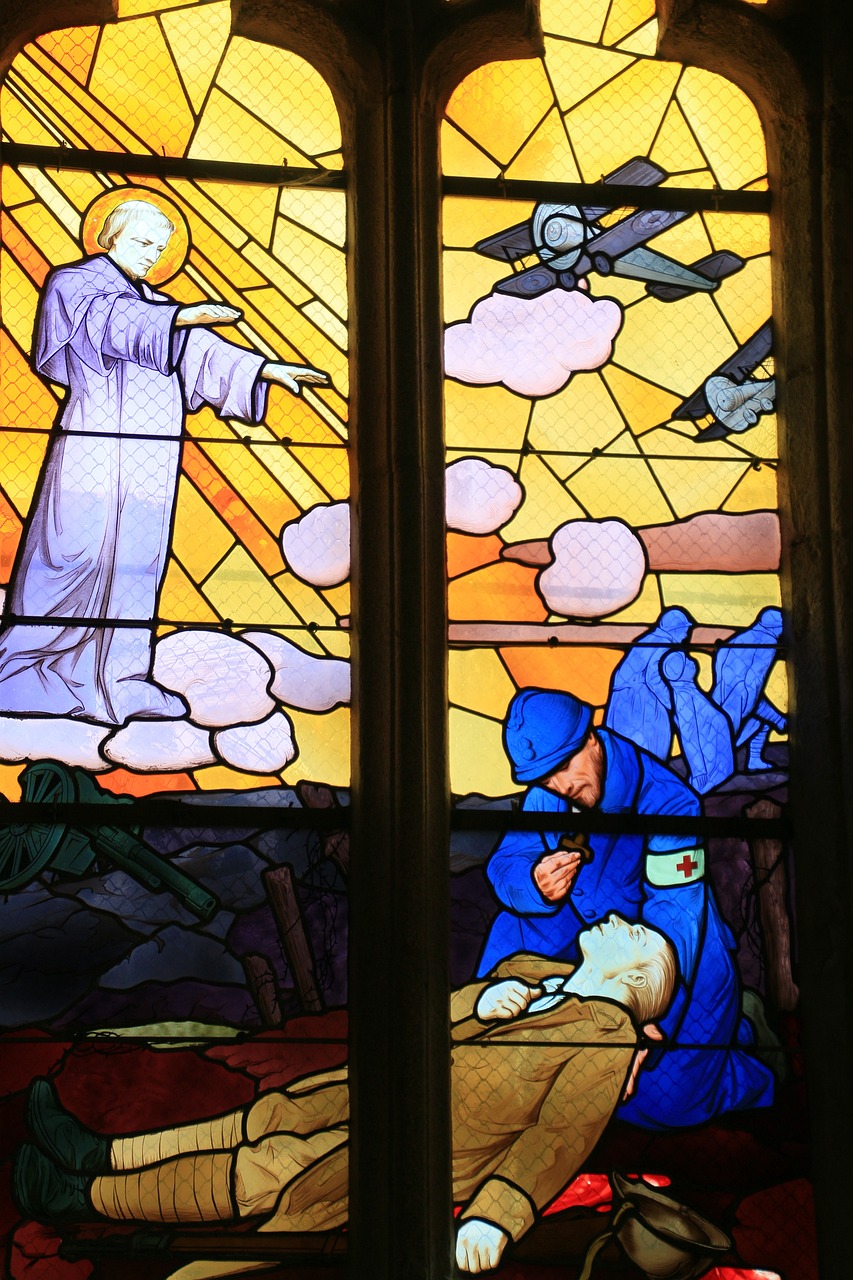
Ares, the Greek god of war, holds the distinction of being one of the least favored deities among the Olympians due to his volatile nature, fierce temperament, and insatiable appetite for battle. His infamous liaisons, such as the affair with Aphrodite, his conflicts with Hercules, and the anger he provoked in Poseidon by slaying his…
-
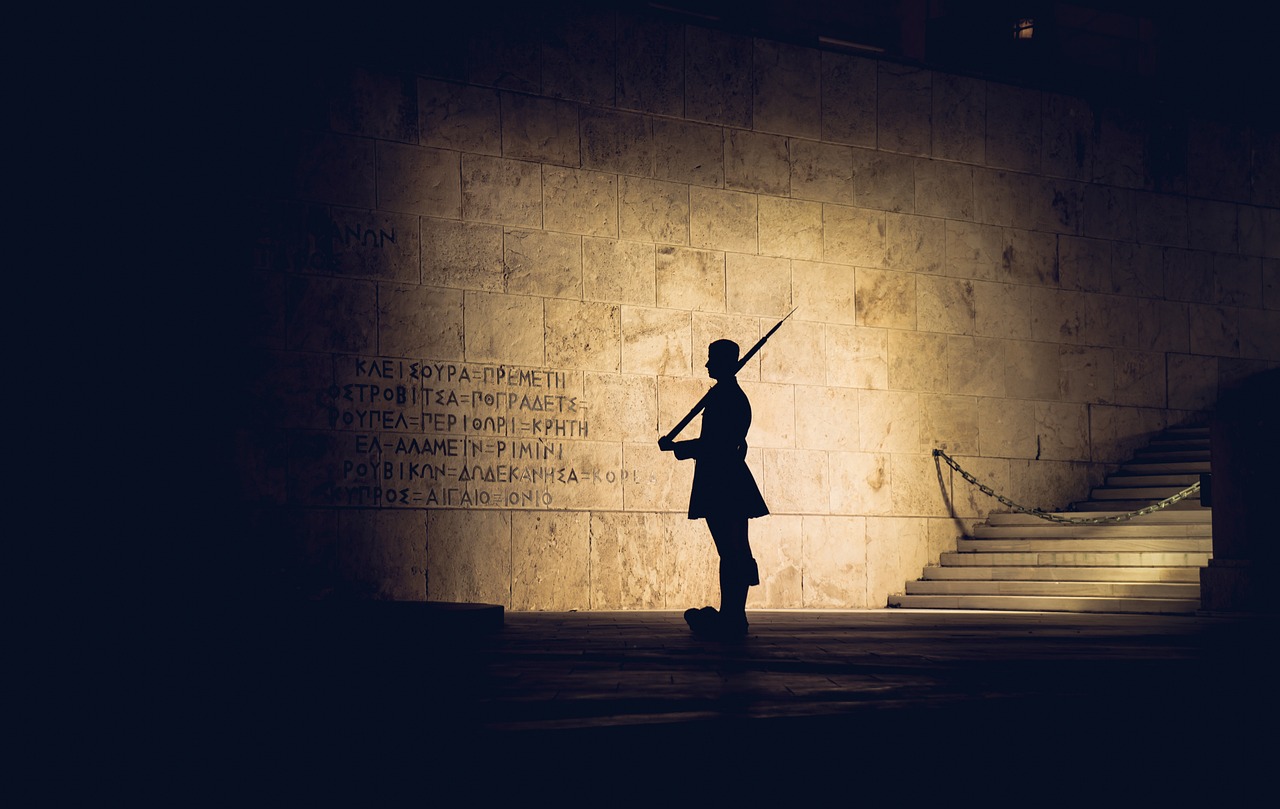
Gaia, often referred to as Gaea or Ge, stands as a foundational goddess within Greek mythology, symbolizing the Earth itself. Born from the primordial state of Chaos, she is regarded as both the mother goddess and the ultimate divine figure for both mortals and deities. Her lineage is significant, with all major gods and goddesses…
-
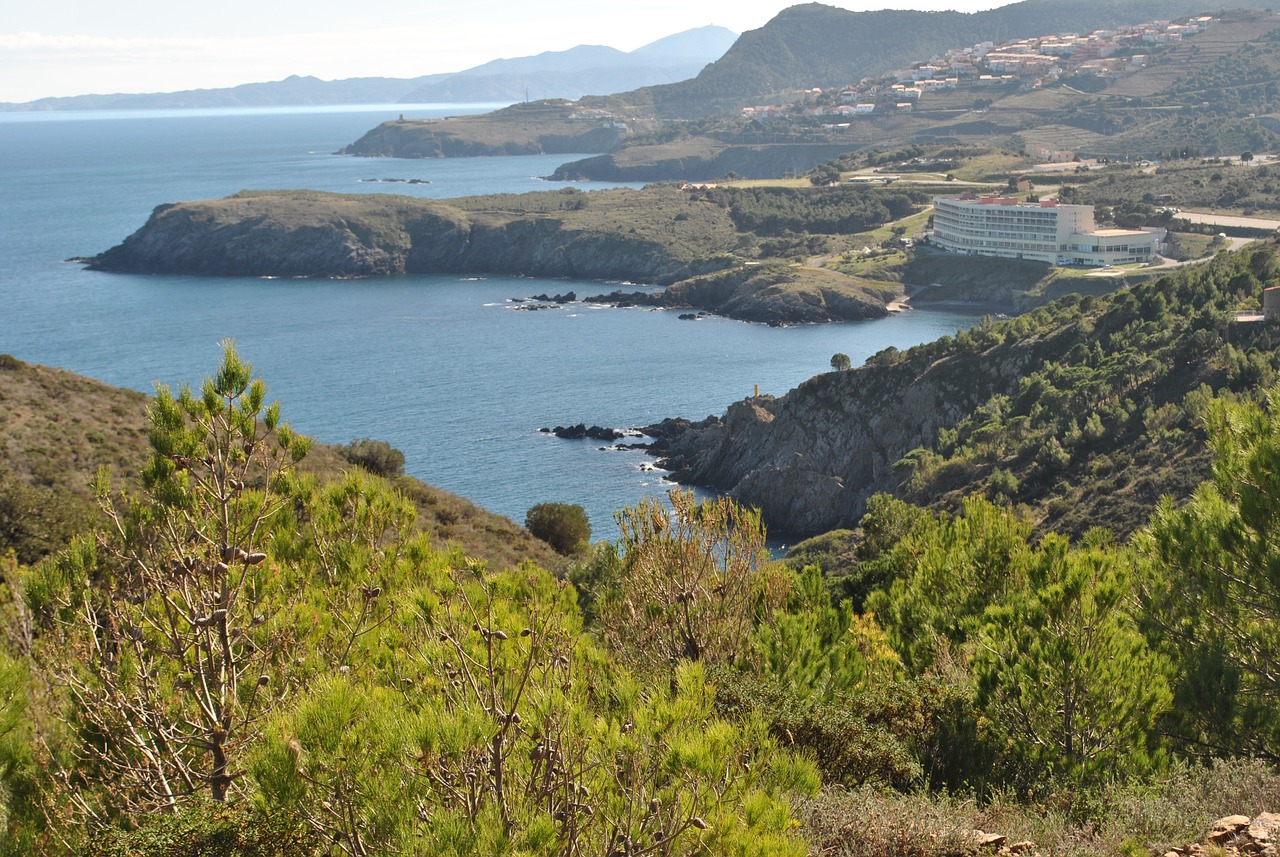
Cerberus: The Guardian of Hades in Greek Mythology Cerberus, also referred to as Kerberos, is famously known as the formidable three-headed canine guardian of the underworld in Greek mythology. This monstrous creature was tasked with watching over the gates of Hades, ensuring that the souls of the deceased could enter but never escape. In artistic…
-

Poseidon: The Greek God of the Sea Poseidon, a prominent figure in Greek mythology, reigns as the god of the sea, storms, earthquakes, and horses. Known for his fierce temperament and unpredictable nature, he is often regarded as one of the most volatile Olympian deities. His legendary wrath, particularly when he feels disrespected, is well-documented.…


